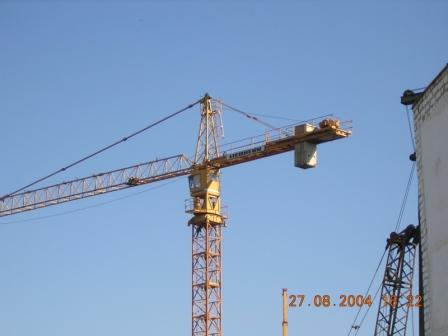Bloki Dlya Avtokada Sportivnie Ploschadki

The United States is currently engaged in a military effort that has been characterized as the “long war.” The long war has been described by some as an epic struggle against adversaries bent on forming a unified Islamic world to supplant western dominance, while others describe it more narrowly as an extension of the war on terror. But while policymakers, military leaders, and scholars have offered numerous definitions of the long war, no consensus has been reached about this term or its implications for the United States. To understand the impacts that this long war will have on the U.S. Army and on U.S.
Bloki_Dveri_Okna_Dlya_ Avtokada.exe 2.59 MB. Sportivnoe pravo: uchebnik dlya studentov vuzov [S. Alekseev] on Amazon.com. *FREE* shipping on qualifying offers. From The Community. Try Prime Books Go Search EN Hello. Sign in Account & Lists Sign in Account & Lists Orders.
Forces in general, it is necessary to understand more precisely what the long war is and how it might unfold over the coming years. To address this need, this study explores the concept of the long war and identifies potential ways in which it might unfold as well as the implications for the Army and the U.S. Military more generally. This report uses the generation of either “trajectories” or alternative paths in which the long war might unfold to explore the implications for the U.S.
The discussion focuses on the potential threats the U.S. Faces in each trajectory and considers the confluence of three major problems raised by the war: those related to the ideologies espoused by key adversaries in the conflict, those related to the use of terrorism, and those related to governance (i.e., its absence or presence, its quality, and the predisposition of specific governing bodies to the United States and its interests). The goal of this report is not to determine which of these areas is the key problem. Instead, we take the stance that in order to ensure that this long war follows a favorable course, the United States will need to make a concerted effort across all three domains. Numerous broad conclusions and recommendations are given for addressing issues surrounding the long war.
Table of Contents • Chapter One Introduction • Chapter Two What Is the Long War? • Chapter Three Who Is Involved in the Long War? • Chapter Four What Will Affect the Way the Long War Unfolds? • Chapter Five How Might the Long War Unfold?
• Chapter Six What Does This Mean for the Army? • Chapter Seven Observations on the Long War • Appendix A Short Descriptions of Ideology, Governance, and Terrorism • Appendix B The Use of Civilizational Conflict When Describing the Long War • Appendix C Interpreting the Influence Diagram • Appendix D Relating Long War Strategies to Grand Strategies • Appendix E Location of Oil and Natural Gas Resources • Appendix F Demographic Trends and Factors • Appendix G Water in the Middle East. The research described in this report was sponsored by the United States Army and conducted by the. This report is part of the RAND Corporation monograph series. RAND monographs present major research findings that address the challenges facing the public and private sectors. All RAND monographs undergo rigorous peer review to ensure high standards for research quality and objectivity. Permission is given to duplicate this electronic document for personal use only, as long as it is unaltered and complete.

Copies may not be duplicated for commercial purposes. Unauthorized posting of RAND PDFs to a non-RAND Web site is prohibited. RAND PDFs are protected under copyright law. For information on reprint and linking permissions, please visit the page. The RAND Corporation is a nonprofit institution that helps improve policy and decisionmaking through research and analysis.
 RAND's publications do not necessarily reflect the opinions of its research clients and sponsors.
RAND's publications do not necessarily reflect the opinions of its research clients and sponsors.